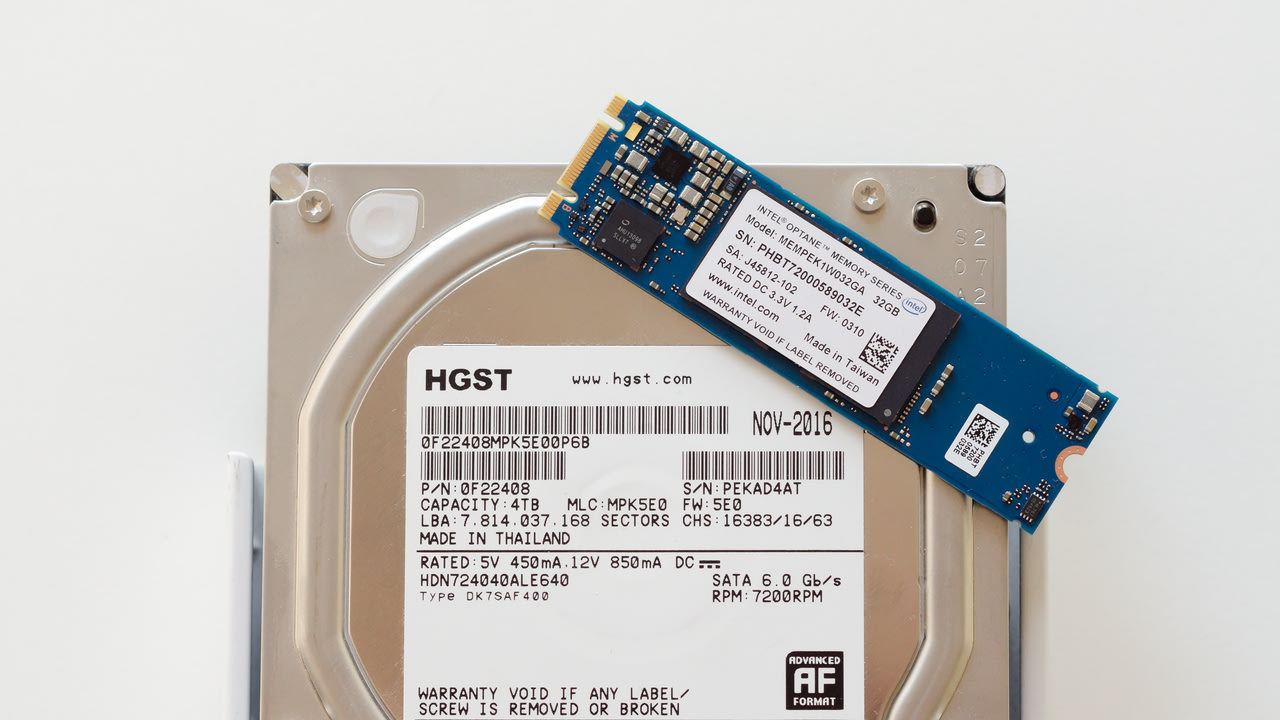Originally posted by NobodyXu
View Post
Originally posted by NobodyXu
View Post
Originally posted by NobodyXu
View Post



Leave a comment: